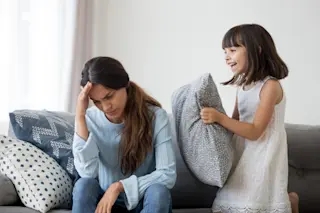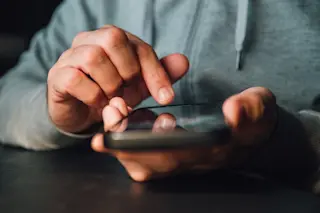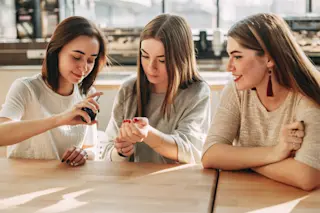We all wake up on the wrong side of the bed sometimes. But while most of us acknowledge that sleep deprivation alters our mood, a new study in PLOS Biology shows that the shortage of sleep also diminishes our desire to support the people around us.
Sleepy, Solitary and Self-Absorbed
Sleep is known to have a huge impact on our minds, with an abundance of studies showing that inadequate sleep can control our mood and can contribute to a variety of mental health issues, including depression and anxiety disorders.
But is that all that sleep deprivation does? A team of psychologists from University of California Berkeley’s Center for Human Sleep Science have found that a lack of sleep alters much more than your mood. It also decreases your desire to help others. Expanding on an earlier paper showing that sleep deprivation encourages people to isolate themselves, this new study strengthens the broader theory that inadequate sleep impairs socialization.
“This new work demonstrates that a lack of sleep not only damages the health of an individual, but degrades social interactions between individuals and, furthermore, degrades the very fabric of human society itself,” says Matthew Walker, a senior study author and psychology professor at UC Berkeley, in a press release. “How we operate as a social species — and we are a social species — seems profoundly dependent on how much sleep we are getting.”
According to the team, inadequate sleep produces anti-social individuals, with reduced care, compassion and willingness to help — qualities that they say impact the way our society functions.
“Sleep, it turns out, is an incredible lubricant to prosocial, connected, empathic, kind and generous human behavior,” Walker says in a press release. “If there was ever a need for a strong, prosocial lubricant to enable the very best version of ourselves within society, now seems to be it.”
Investigating Sleep and Social Interaction
The team took three separate approaches to studying sleep’s influence over our interactions. To start, the psychologists scanned the brains of 24 individuals after sleeping through the night and after not sleeping at all. The scans revealed that the area of the brain involved in understanding the situations of others, also known as the theory of mind network, remained relatively inactive when the individuals went without any sleep.
“This network engages and allows us to comprehend what other [people’s] needs are,” says Ben Simon, a study author and psychology researcher at UC Berkeley, in a press release. “However, this network was markedly impaired when individuals were sleep deprived. It’s as though these parts of the brain fail to respond when we are trying to interact with other people after not getting enough sleep.”
The team then assessed the sleep of over 100 individuals, weighing its duration and quality against the same individuals’ subsequent willingness to assist strangers on the street or to volunteer.
“Here, we found that a decrease in the quality of someone’s sleep from one night to the next predicted a significant decrease in the desire to help,” Simon says in a press release. “Those with poor sleep the night prior were the ones that reported being less willing and keen to help others the following day.”
Finally, the team analyzed the amount of charitable donations made in the U.S. between 2001 and 2016. They discovered that these donations declined by about 10 percent in observing areas in the aftermath of Daylight Saving Time, potentially due to the loss of an hour of sleep.
“We're starting to see more and more studies, including this one, where the effects of sleep loss don't just stop at the individual, but propagate to those around us,” Simon concludes in a press release. “If you're not getting enough sleep, it doesn't just hurt your own well-being, it hurts the well-being of your entire social circle, including strangers.”















